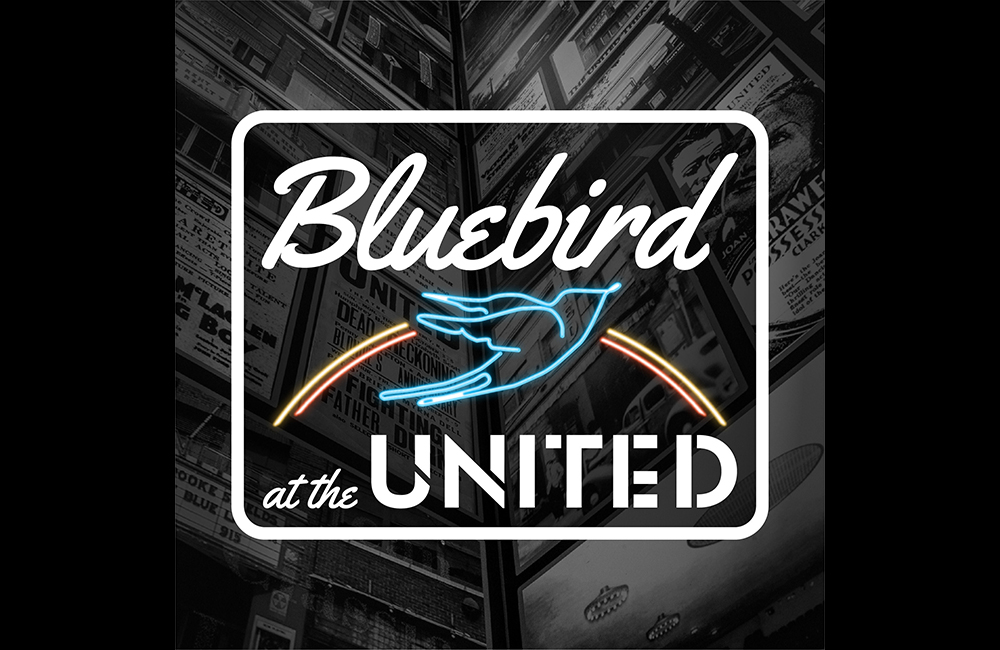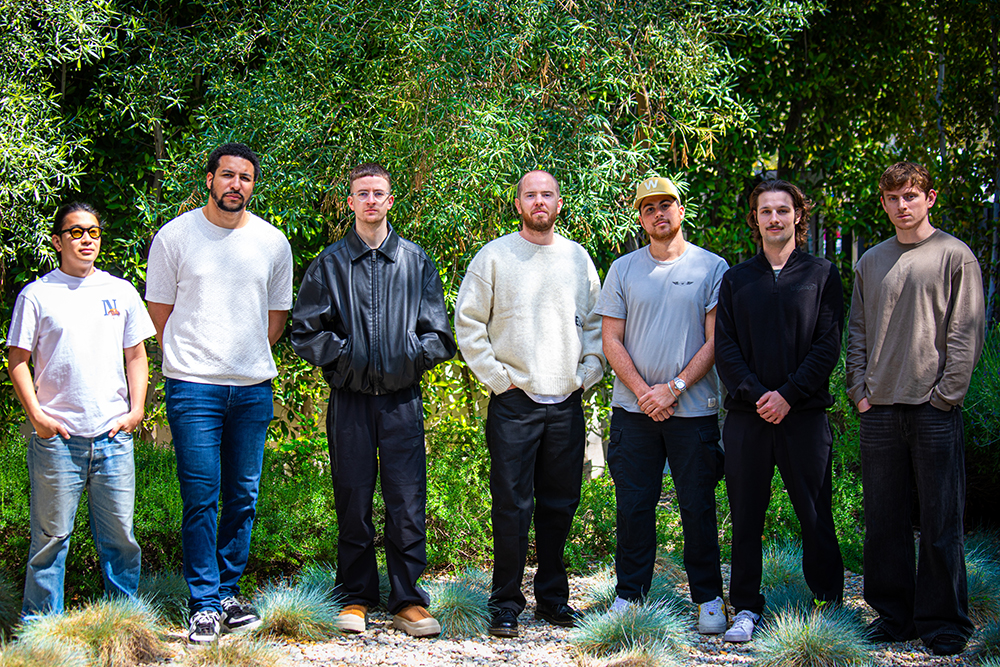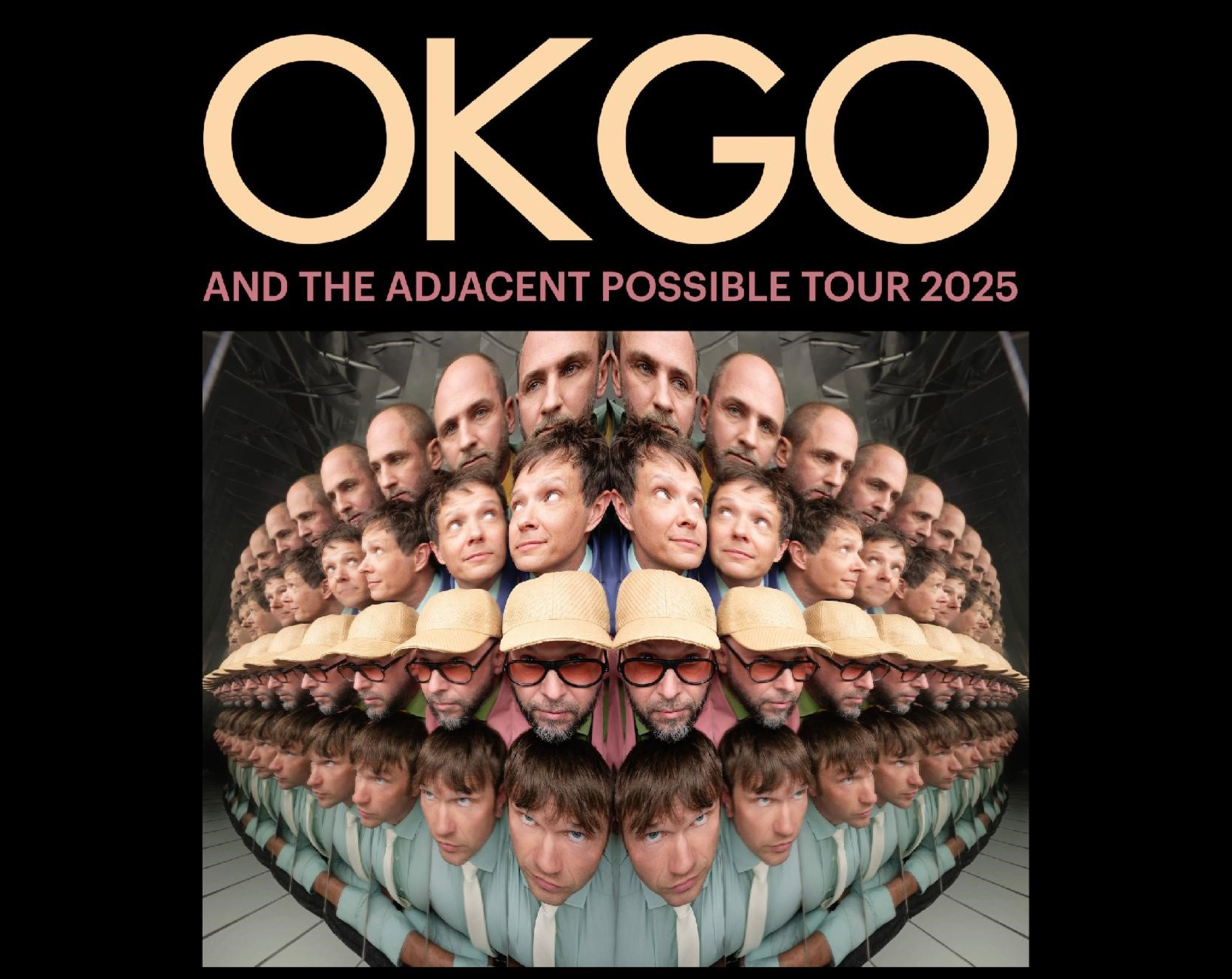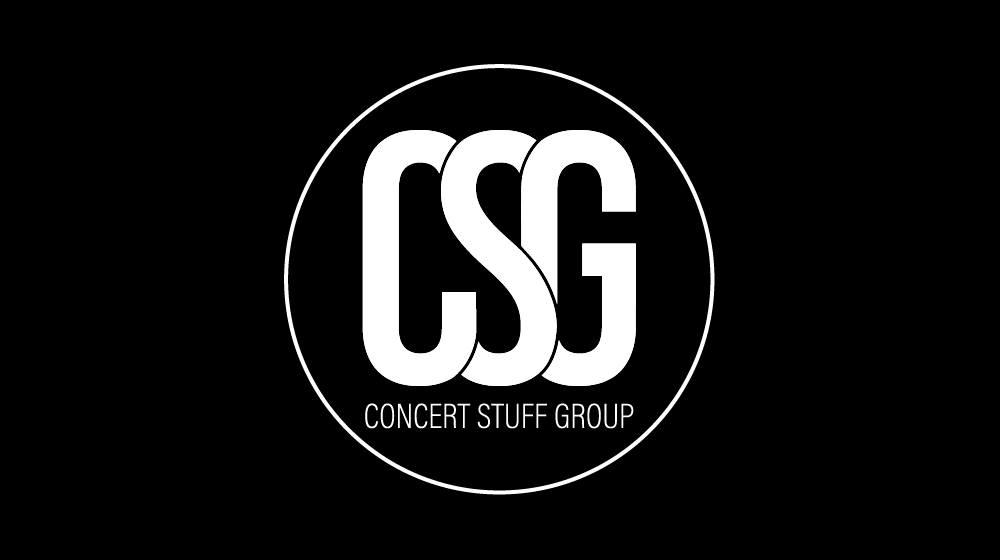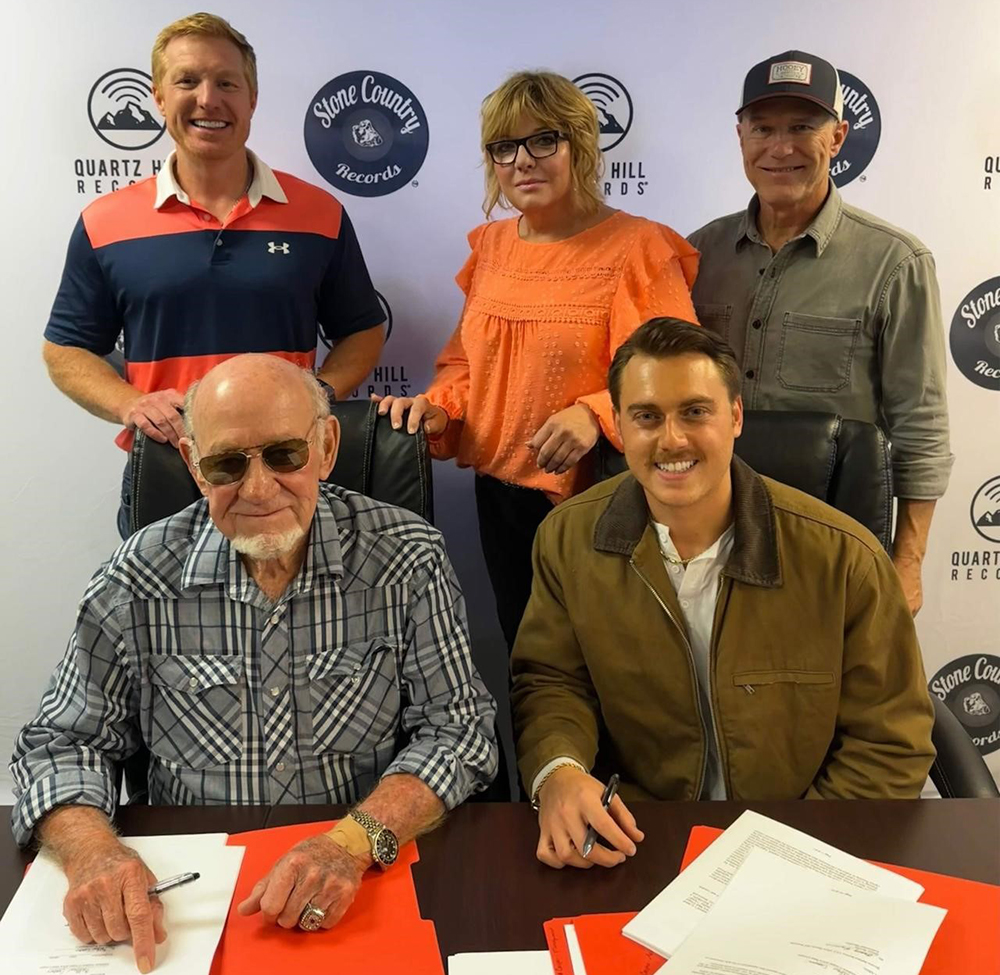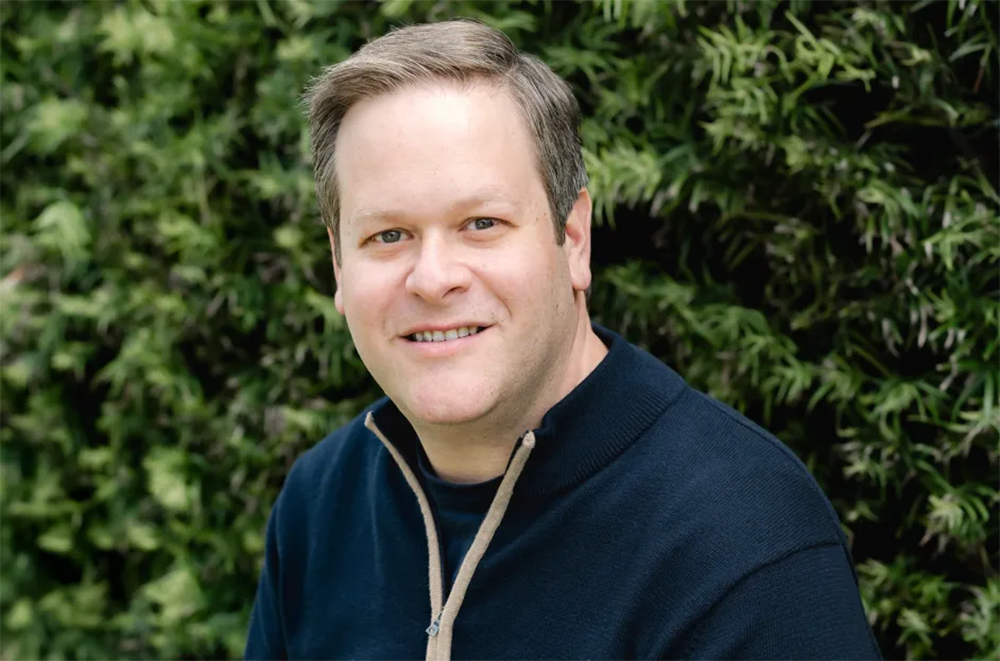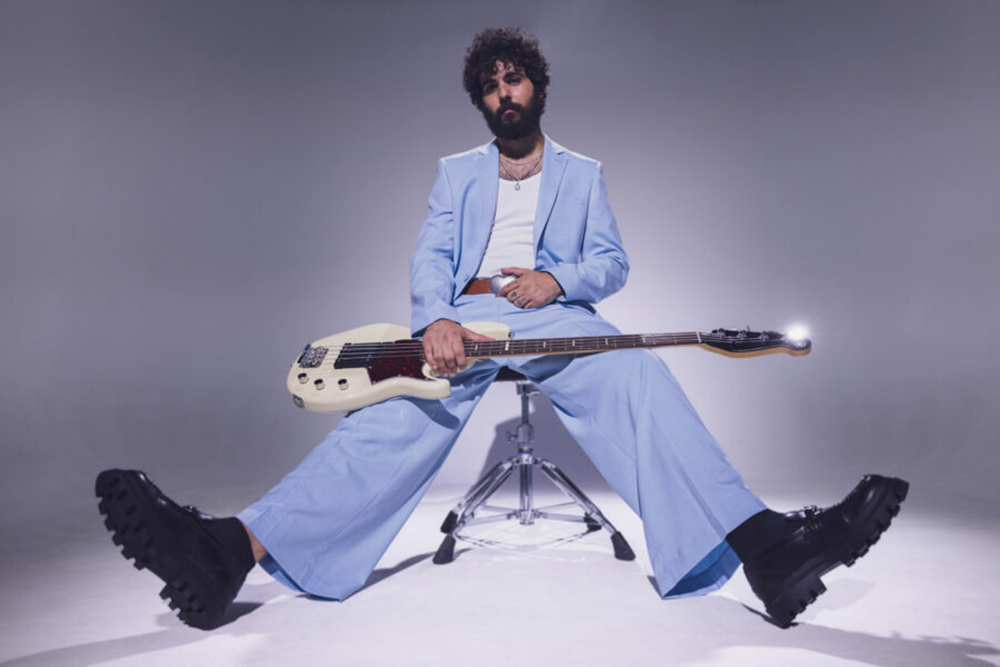
The first thing you've got to know is the U.S. and U.K. releases were different.
The second thing you need to know is I didn't buy it upon release. It had no hit singles.
Albums were a value proposition. "Rubber Soul" was the LP that broke the paradigm. But we didn't know that yet. At the time it was a curio, something for the faithful that got no radio airplay, a left turn after the summer's triumph with "Help" and its attendant album, once again completely different from the U.K. release.
The irony, of course, was the Beatles were soon to dominate the singles chart, with their huge double-sided hit, "We Can Work It Out" and "Day Tripper," the former going to number one and the latter to number five. It wasn't like we weren't getting enough Beatles, it's just that "Rubber Soul" did not square with reality, it's akin to Adele and Coldplay not putting their albums on Spotify, it was all about greed, Capitol wanted more money, and the audience and the culture suffered. It wasn't until eighteen months later, when "Sgt. Pepper" was released with no singles and it was quite clearly a concept album that we got it, that we were revolutionized, and in that same summer underground FM launched and things were never the same.
Until today, when we're living in the dark ages once again. When Top Forty rules and everything else is insignificant. When the hits are written by a committee of old men and the front people…are just that. The Beatles wrote their own material, oh how far we've gotten from the garden.
The definitive version of "Drive My Car" was performed live by Paul McCartney at Amoeba Records on June 27, 2007. Beatlemania reigned in the twenty first century. After waiting long past the anointed starting time, after noticing Ringo and Barbara Bach in attendance, after fingering the LPs in front of us, the cute Beatle took the stage with his crack band and immediately laid into this opening number from "Rubber Soul" and blew our collective minds, our heads were exploding, we could do nothing but scream and pinch ourselves, that everything we remembered still existed. That's the power of music. That's the power of a band. No production and no hard drives are needed if you've got it, and needless to say Paul does. Listen here:

https://www.youtube.com/watch?v=leKTztG7-Pc
But, of course, the U.S. iteration of "Rubber Soul" did not contain "Drive My Car." I only heard it at Marc Goloff's house, he had the U.K. version, on vinyl, there were no tapes, the cover was flimsy, but the sound was enrapturing.
The U.S. album began with "I've Just Seen A Face." Which was on the U.K. "Help." But we didn't know it, there was no internet, no music magazines, we were living in darkness. But when we dropped the needle on "I've Just Seen A Face" the sun started to shine. The Stones were all about bowling you over with the opening track…after that, it was up and down. But the Beatles not only killed you with the opener, they sustained the momentum. And we could sing along with Paul, he was happy, singing to us, but we didn't matter, it was as if he cut this song in his house and recorded it for himself and we were privileged to hear it and…it still sounds magical today.
But "Norwegian Wood (This Bird Has Flown)" was the second cut on both albums. And at age twelve I'd be lying if I told you I knew exactly what John Lennon was singing about. Hell, at first I thought he was singing about a literal bird, little did I know that was English slang for girl/woman/chick…the Beatles were just a couple of years and a couple of changes ahead of us, experienced from those nights in Hamburg, we grew up and ultimately understood, we took guidance and sustenance from their words. Meanwhile, this bird had flown, so different from today's tracks, wherein the singer's always a winner, in control, manipulating others, John was the victim here. And we knew this track, because this was the one that received all the press, seen as racy, the adults got it, but the little boys and girls didn't understand.
And "You Won't See Me" was the third cut on both LPs too. But it's something that sunk into the public consciousness years later, because I was not the only one who didn't buy "Rubber Soul" upon release, most people didn't buy records at all, if anything they purchased singles, so it was only as time wore on that people went back and filled out their collections and got it.
Now the English iteration has "Nowhere Man" in the fourth position.

But the U.S. version has "Think For Yourself" in that slot.
Written and sung by George Harrison, "Think For Yourself" was just a bit different from the rest of the cuts, a bit more serious, a bit more penetrating, a little darker, with a message that means more as time has gone by. A twisting, turning adventure, "Think For Yourself" extended the sound and vision of our favorite group. Well, not all of us, some preferred the aforementioned Stones, others wearing oil in their hair and pegged pants and pointed shoes thought the pre-Beatles sound was going to come back, but it never did.
As for "Nowhere Man"…that was a gigantic hit in the new year, it didn't come out in the U.S. until the end of February '66. But it shot right up the chart, it was not like today, songs didn't build over time, they exploded on to the radio and within six weeks or so were replaced by something new, oftentimes by the same act, this was certainly the case with the Beatles.
Next came "The Word" on both LPs.
"In the beginning I misunderstood
But now I've got it, the word is good"
Sung by John Lennon, this is the most memorable part of the track, and the later occurrences, with different lyrics but the same sound. John had a way of emoting where you heard all the pain, all the experience, all the vigor and depression in the tonality of his voice. It's the antithesis of the "Idol" paradigm, the oversinging of the melisma mamas. We wanted to reach inside the record and soothe him, know him, understand him…but he was unreachable, even in real life, because he had an emotional tank that could never be filled.
And "Michelle" was not a single in the U.S. Probably Paul McCartney's second most memorable track after "Yesterday," somehow we all knew it, but it was not a 45, it was not on the chart. We'd heard French from the Singing Nun, "Dominique" was a huge hit, but we didn't expect the Beatles to sing in a foreign language. Do this today in our xenophobic culture and you're seen as a traitor, but the Beatles were all about bringing us together, they were a beacon, which we followed.

"What Goes On" started the U.K. side two. Another Ringo Starr vocal in the vein of "Act Naturally," it leavened the seriousness, added flavor, the Beatles were not locked into a groove, their sound was broad, they took risks.
"It's Only Love" opened the American side two. I learned it from the "Golden Beatles," the songbook with all the Beatles' compositions to date. I didn't know the recording, I figured it out from the chord changes, that's right, I took guitar lessons, everybody did, we all played. And sang. "It's Only Love" was on the English "Help."
"Is there anybody going to listen to my story
All about the girl who came to stay"
As if we were quietly sitting in front of the fireplace in the moist English countryside, the sound is so rich, the vocal so impassioned, "Girl" almost creeps you out. Now you know why John Lennon is a legend. "Girl" was the second song on side two of both iterations of "Rubber Soul."
No, I can't leave it there. There are so many evocative lines in "Girl." Most painfully:
"She's the kind of girl who puts you down
When friends are there, you feel a fool"
Such vulnerability! I'd like to tell you I've grown out of this, that I'm comfortable in my skin and fully confident, but the truth is I'm still anxious and unsure, worried I won't fit in, that I'll be put down. This is why we take our wisdom from records, they UNDERSTAND US!
It's that guitar part, and the jaunty vocal… "I'm Looking Through You" embodied the sixties ethos, wherein we questioned and were unafraid of going negative, this was long before poptimism, when you had to like what was popular and those who were rich, the biggest crime was to be a phony, being honest and forthright was everything. "I'm Looking Through You" was in third position on side two of both albums.

"There are places I remember
All my life, though some have changed"
"In My Life" was not famous back then, not part of the cultural canon, sometimes it takes time for songs to penetrate the collective consciousness. How were our rock stars so wise at such a young age? Famously sung in the "Happy New Year" episode of "thirtysomething," the Beatles rarely license their tunes, but we know them anyway, because they just get it right.
"Some are dead and some are living
In my life I've loved them all"
John Lennon's been gone thirty five years, but the great thing about recordings is they live on, he sounds positively alive in this track, wisdom intact, we miss him.
Just like "In My Life" is on both albums, so is "Wait."
When people talk about album tracks know that their rep was built upon cuts like "Wait," which were never singles, were never singled out, but were just as resonant as the hits.
"If I Needed Someone" didn't come out in the U.S. until late June of '66, when it was part of the Capitol mish-mash known as "Yesterday And Today," known primarily for its discarded butcher cover. I didn't buy that one either. I had the 45 of "We Can Work It Out"/"Day Tripper," I had to, they were irresistible, and I didn't need to own "Yesterday" and…I posit many people never even heard George's gem until '87, when the original Beatles albums were released on CD.
And then both albums ended with "Run For Your Life," laden with attitude, I don't know if you could sing this today, the PC police would crack down upon you. But this was the one you could play on the guitar, sing with your buddies easily, we thought of the words as more of a western than being about personal relationships. I'd had two girlfriends at this point, that's the point of summer camp, but that was more like puppy love.

And that's it. That was the end of 1965. Fifty years ago today. A completely different era. When we were all addicted to the radio and knew every track on the hit parade. Number one was Herb Alpert's "Taste Of Honey." The Supremes owned number two with "I Hear A Symphony," the Byrds sat at number three with "Turn! Turn! Turn!" Fourth was the indelible "Rescue Me" by Fontella Bass. The Four Seasons owned number five with their nearly last hurrah, "Let's Hang On!" and Len Barry's bombastic, almost operatic "1-2-3" sat at number six, talk about a record that just felt right… The Beatles were nowhere on the WABC All American Survey, although "We Can Work It Out" and "Day Tripper" were hot prospects, as was Gary Lewis's "She's Just My Style."
"Rubber Soul" was in the bins, alone, separate, a harbinger of what was to come, a complete blowing up of what we'd known before, not only were our musical horizons about to be broadened, there was about to be a lot more money in music, the album price point was so much higher.
That's what happened in our lives. We baby boomers were around for it.
And at this point, everybody owns the Beatles, but it was like seeing Jordan win his championships, Nixon resigning, Kennedy being shot…you knew where you were, these indelible moments not only make up our lives, they make us who we are.
It doesn't seem like fifty years.
I've loved them all. All the friends and lovers, all we've really got are our memories. But what keeps us going is the thrill of the new. But it's the music of the past that grounds us, that helps us make sense of it all.
Like "Rubber Soul."
What did that mean again?





















